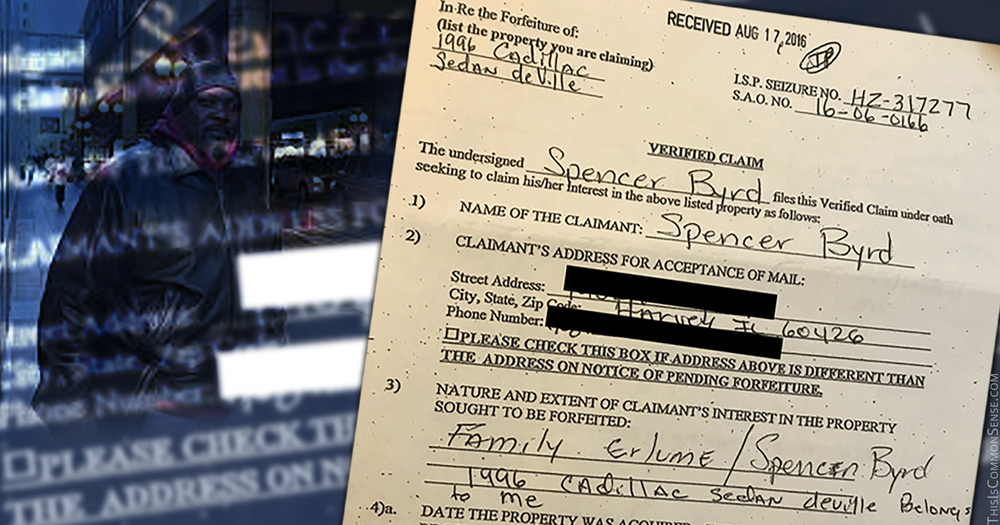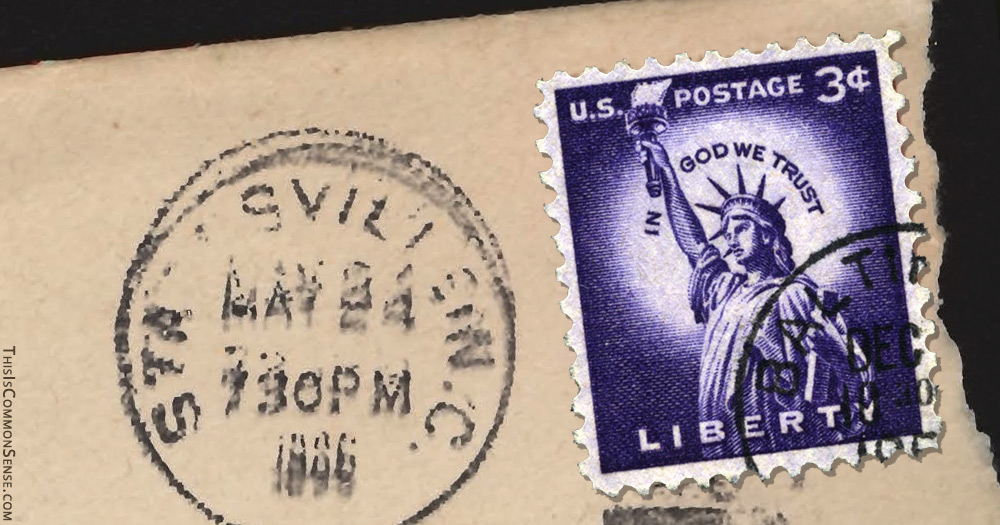Young Keziah Daum committed a terrible crime. She wore a traditional Chinese dress and displayed it online.
No wonder she was chastised by hordes of frothing guardians of cultural purity.
Many Chinese themselves say they find the criticism baffling. Perhaps they are burdened by common sense. They are probably not sociologically sophisticated enough to mind when an American orders Chinese takeout, either.
“Puritanism is the haunting fear,” H.L. Mencken once explained, “that someone, somewhere, may be happy.”
“Cultural appropriation” is the currently favored bludgeon wielded by today’s “puritans” to ruin enjoyment. According to this misbegotten notion, it is somehow wrong-souled to enjoy somebody else’s culture.
The very idea is hard to pin down. It is unduly fuzzy. How? Well, borders between countries or groups are pretty arbitrary as cultural boundaries. To try to be consistent, enemies of culture-grabbing would have to berate any partaking of culture not strictly one’s own.
Alas, the amount of culture a person can produce single-handedly is paltry.
Nor can anybody create any unit of culture without being influenced by — “appropriating” — the creations of others. Cultural creators have shamelessly “appropriated” each other’s stuff for millennia, a process that accelerated with improvements in travel and communication.
Should all seven billion of us live our lives in separate cubicles?
Enemies of “cultural appropriation” subscribe to every kind of silliness when they attack watching foreign films or wearing socks, dresses or Halloween costumes that evoke the culture of another country, state, town, or block.
No matter from whom they stole the idea of “cultural appropriation,” they should give it back.
This is Common Sense. I’m Paul Jacob.











